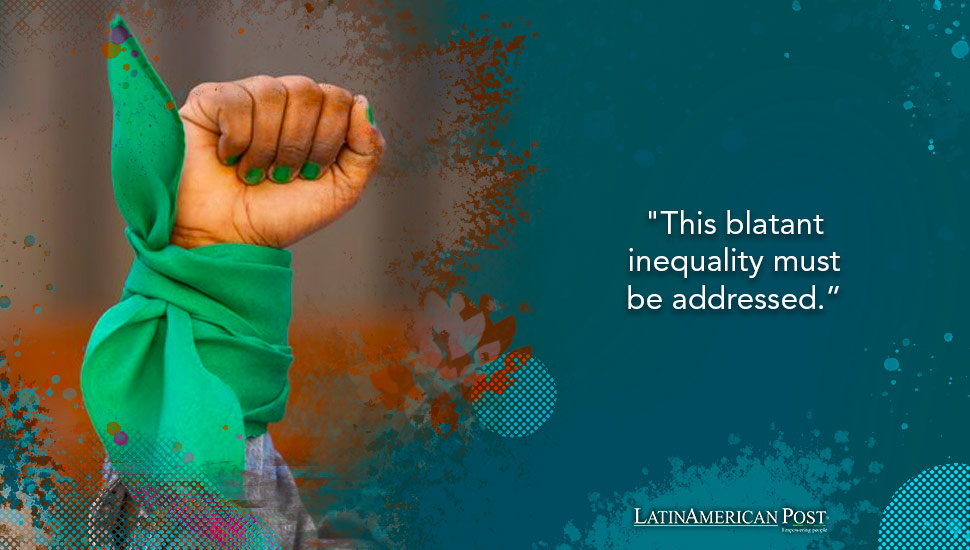Latina Women Deserve Better: Ending the Abortion Access Disparity

The stark disparity in abortion access across the U.S. impacts Latina women disproportionately, with many in Texas and Florida facing over 11-hour drives to the nearest clinic. This blatant inequality must be addressed.
In an era where rights seem to be advancing, the issue of abortion access in the United States starkly illustrates how far we still have to go—especially for Latina women in states like Texas and Florida. While women in states like New York or California can reach an abortion clinic within minutes, those in other parts of the country face an arduous and often prohibitive journey. This disparity is not just inconvenient; it is an unjust barrier that discriminates based on geography, income, and race.
Access to Abortion: A Geographical Divide
The Center for American Progress (CAP) recently highlighted this issue in a study revealing that in some U.S. congressional districts, primarily in the Southeast and parts of the Midwest, women must travel more than four hours to access an abortion clinic. This burden falls hardest on Latina women, who are often forced to navigate these great distances, resulting in lost wages, increased travel costs, and significant personal strain.
Why should the zip code in which a woman resides dictate her access to healthcare? The fundamental right to choose is hollow if the practical means to exercise this right are out of reach for large swathes of the population. It’s a punitive measure against women, particularly those from minority and low-income backgrounds, further entrenching societal inequities.
Florida’s recent enactment of a six-week abortion ban exacerbates these challenges, placing legal and logistical obstacles that make timely care virtually inaccessible for many. This law, like many others sweeping through conservative states, effectively strips away the promise of reproductive freedom, disproportionately impacting Latina women who already face numerous socio-economic challenges.
Beyond Control: A Struggle for Autonomy
These laws are not just about controlling women’s bodies; they are about controlling women’s futures—deciding what kind of life they can lead and what kind of family they can support. By imposing such restrictions, we deny women the essential autonomy needed to make profoundly personal life choices in a fair and accessible manner.
The argument that states merely legislate based on their constituents’ beliefs does not hold water when the legislation results in such disproportionate impacts. It’s a smokescreen that hides the real issue: a systematic stripping away of women’s rights under the guise of state rights and moral governance.
What we need is not just vocal opposition but actionable change. We need federal safeguards that protect abortion access as a fundamental right, not a privilege accorded only to those in specific geographic locales. We must expand services in underserved areas, increase funding for reproductive health, and embrace telemedicine to reduce the need for travel.
Moreover, we must challenge and change the socio-economic conditions that make Latina and other minority women more vulnerable to such disparities. This includes addressing the wage gap, improving healthcare education, and ensuring that all women, regardless of their background or where they live, have access to comprehensive, affordable healthcare options.
A Call for Collective Action
As a society, we cannot tolerate a status quo where access to healthcare is so unevenly distributed. It’s time to stand up and demand better for Latina women and all women. The health of our democracy depends on the health and autonomy of its citizens. Ensuring equitable access to abortion services is not just about healthcare; it’s about justice, equality, and the kind of country we want to be.
Also read: Mexico’s LGBTI+ Migrants Seek Inclusion at Southern Border
Let this be the moment we look back on as the turning point—the moment we chose to stand for the rights of all women to make informed choices about their bodies and futures without undue hardship or interference. Let’s not just change the conversation; let’s change the reality.




